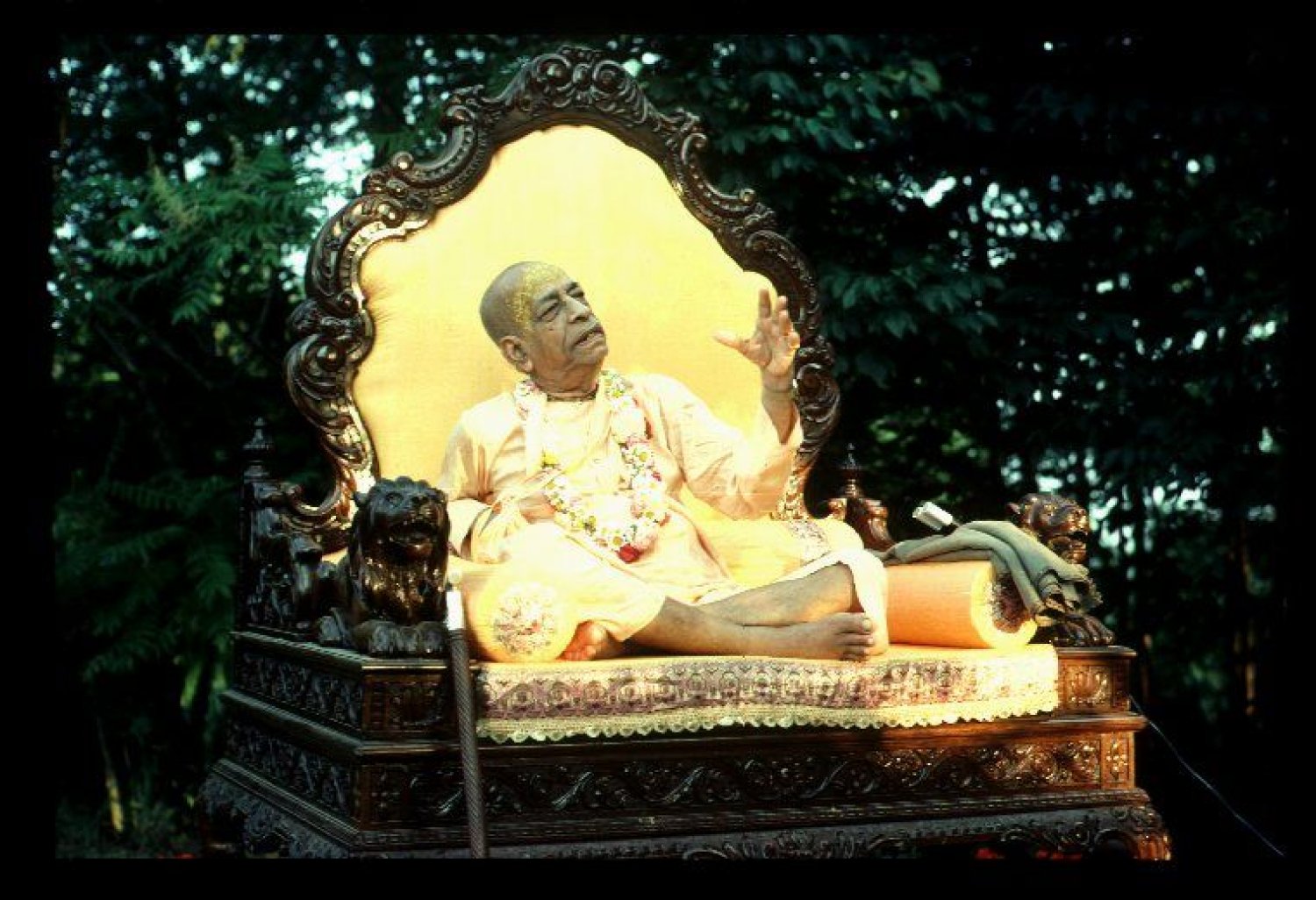Empathy and careful listening

Who Will Listen, and Who Will Speak?
We hear it often, and we hear it many times amongst devotees: the demand for more "empathetic listening."
Those in positions of authority, in particular, are frequently accused of "not listening empathically enough." When one asks what this really means, the answer usually points only in one direction: why are you always talking? You should listen, and I will talk. Of course, the question can be raised: Is the one who demands to be empathetically listened to also capable of listening empathetically back?
Practically, in all cases where such complaints were reported, we can say: "No."
And so here we are at a point that is surely controversial: if empathy is the central issue, then empathetic listening should be a two-way street where both the speaker and the listener exchange their roles and the listener becomes the speaker and the speaker becomes the listener. Then, having reached consensus on what had been said, we could say, "This was successful empathetic listening." However, no such result can be seen in practice, as those who complain about not being empathetically listened to continue to complain about not being empathetically listened to regardless of who is trying to listen.
All this can be summarized as the result of excessive bodily consciousness. How many females have I heard say, "Men can never listen. They're always talking in an absolute manner." And how many males have I heard saying, "I cannot listen to females as what they say makes no sense."
In my limited experience of being accused of not being an empathetic listener, I've noticed that those who level such an accusation usually don't have any friends and are very lonely people. How could that happen if they are so fond of empathetic listening? Me, the occasional monologuing autocrat, has friends; those who seek to be empathetically listened to don't.
Why? Because they want to be heard in THEIR own way, in their own ABSOLUTISTIC way. "You listen to me in my way ..of highway!" is their motto.
In reality, they demand acceptance despite their inability to listen.
Not capable of empathetic listening themselves, they remain alone, crying for what they cannot give themselves.
This drama can be played endlessly until we reach the point where we are able to listen from an ABSOLUTE source. Those who listen carefully to Srila Prabhupadas speak quickly discover that he was the least empathetic listener of all... Interfering even with guests of great reputation, not allowing them even to end the sentence they started, Srila Prabhupada often silenced everybody by instantly establishing the sastric conclusion. His policy was to establish maximum knowledge with the fewest words possible, and he even warned us not to listen sympathetically to those who operate on a mental platform or those who speculate. Of course, this cannot be copied per se, but even when trying to establish his words, we find ourselves occasionally being declared arrogant. It is the same criticism he faced when blamed for not seeing with equal vision but for discriminating, for not listening empathically but speaking in an absolute way. But the conditioned souls keep on pushing, demanding that those who present Krsna consciousness descend to their mental level and start to "empathetically listen" to their endless outbursts of grief.
Srila Prabhupada gave us simple solutions to complex problems. But it is the tendency of the conditioned soul to make the simple complicated again and bring confusion even to those who want to be free of it.
This is specifically advocated by females and those who act like females.
It is for this reason that a code of etiquette is established in Vedic culture as to who should listen to whom and what the qualifications of the speaker and the listener are.
In the Krsna consciousness sense, we can quote Srila Prabhupada, who described himself as a good speaker only because he was a good listener. But he didnt listen from those who are on mental platfrom. He listened to his spiritual master and members of the guru parampara. When the position of the speaker and the listener is established, empathy naturally arises, as the whole process is designed to elevate the listener to the level of the speaker. Such is the way of empathy in Vedic terms. It is elevating. Mundane empathy is degrading, polluting the listener with the mental pool the speaker dwells in. The Vedic approach to empathetic listening is very different from the humanistic empathy we hear about today.